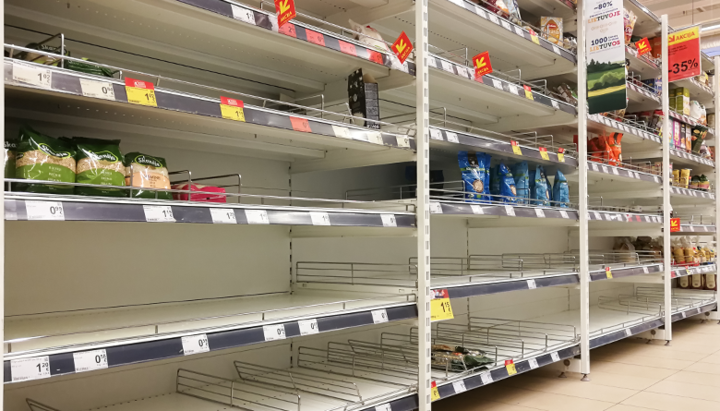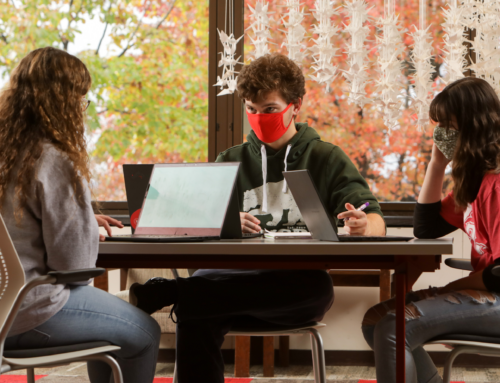By Regina Stracqualursi
Over the past few weeks, our TV screens and social media feeds have been filled with images of shoppers with carts filled to the brim and bare grocery store shelves. Many of us have also witnessed this firsthand as we went to purchase necessities such as toilet paper, cleaning supplies, and hand sanitizer.
Now, officials are urging people to stop hoarding and reminding them of their commitment to keep grocery stores open as our nation grapples with the COVID-19 pandemic. Likewise, retailers across the country have been forced to limit the number of certain products that people are able to buy at a time. While hoarding might help us feel more secure in a time of great uncertainly for our health and finances, research suggests that the act of stocking up might actually do more harm than good.
José Holguín-Veras, an endowed professor of civil and environmental engineering at Rensselaer Polytechnic Institute, hasn’t studied this behavior in relation to a health crisis, but he has witnessed it before and after natural disasters. Just as we are seeing with the COVID-19 outbreak, the demand for certain products tends to surge before and after hurricanes, earthquakes, and tsunamis.
Holguín-Veras has studied numerous environmental disasters, including Hurricane Sandy, and has found that there are negative consequences to the human tendency to stockpile in the midst of a crisis. While precautionary buying tends to make people feel better, it takes critical supplies away from those who need it most. “If we rush to the supermarket and buy 20 packs of toilet paper, what we are doing is depriving others of items that they could need,” said Holguín-Veras.
Experts like Holguín-Veras urge people not to panic and overbuy, as this can drastically impact the ability of emergency personnel to respond to a disaster. For example, during the COVID-19 pandemic, people have stocked up on items like rubber gloves and face masks, causing a shortage of supplies in hospitals across the country.
“There’s no interruption in supply. The logistic systems are working fine,” said Holguín-Veras. “What we need to do is to do our part to make sure that we do not complicate the matter.”



